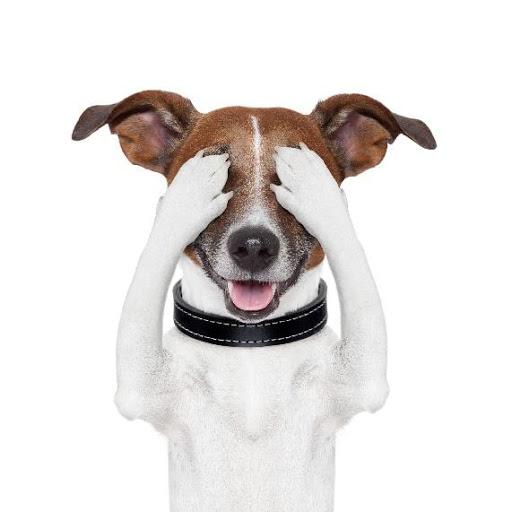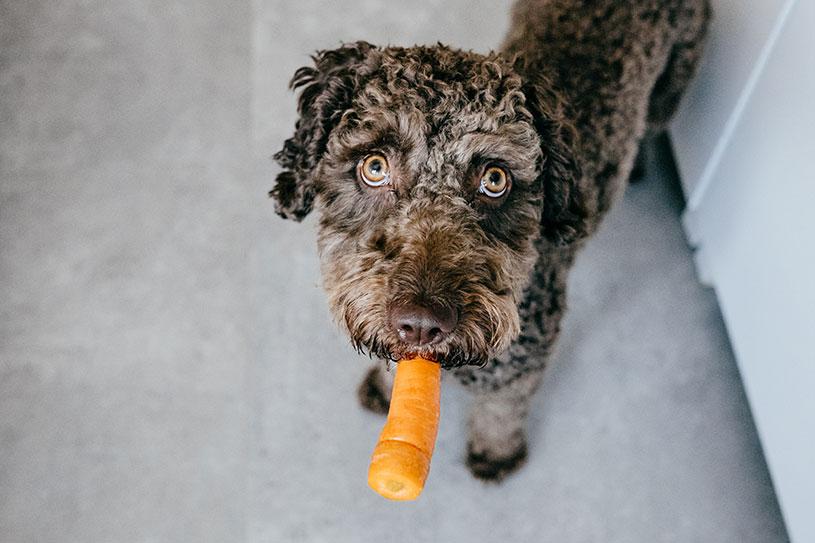Toilet training your puppy should be quite a simple process, as long as you take the time and trouble to get into a good routine. Initially, you will have to build your routine around your puppy’s needs, and these are reliably predictable when they are very young. Puppies need to urinate immediately after waking up, so you need to be there to take your puppy straight into the garden without any delay.
Eating its meal stimulates its digestive system, and puppies normally urinate within fifteen minutes of eating, and defecate within half an hour of eating (although this might vary slightly with each individual). Puppies have very poor bladder control, and need to urinate at least every hour or two. They can urinate spontaneously when they get excited, so take your puppy out frequently if it has been active, playing or exploring.
You may find it useful to keep a record of when your puppy eats sleeps, urinates and defecates. A simple diary list will do. Repeat cue words like ‘wee wees’ and ‘poo poos’ or ‘be busy’ and ‘be clean’ while the puppy is actually urinating or defecating. Use different words for each action so that you will be able to prompt the puppy later on.
Always go with your puppy into the garden so you are there to reward and attach the cue words to the successful actions! Fortunately, puppies are creatures of habit, so as long as you introduce the garden to your puppy as its toilet area early on, you should be able to avoid most of the common pitfalls.
Unfortunately there are many reasons why ‘toilet training’ might not go as smoothly as it could, so make sure you do not make any of the following mistakes:
- Over-feeding.
- Feeding an unsuitable diet or giving a variety of foods.
- Not feeding at regular times.
- Feeding at the wrong times (which could cause overnight defecation).
- Punishing the puppy for its indoor accidents (which can make it scared of toileting in front of you – even outside).
- Feeding salty foods (e.g. stock from cubes) which makes them drink more.
- Using ammonia based cleaning compounds (which smell similar to urine).
- Expecting the puppy to tell you when it needs to go out; this is unrealistic, so it is better to take them out at regular intervals.
- Leaving the back door open for the puppy to come and go as it pleases (a puppy will think that the garden is an adventure playground, rather than a toilet area. Also, what is a puppy meant to
- do when the weather gets cold, and it is faced with a closed back door?).
- Leaving the puppy on its own too long, so that it is forced to go indoors (which sets a bad precedent, or even a habit of going indoors).
- Mistakenly associating the words ‘good girl’ or ‘good boy’ when they toilet, as opposed to the specific cue words. Guess what could happen the next time you praise your dog?
- Access to rugs or carpet (which are nice and absorbent – just like grass).
- Laziness on your part, resulting in more wees indoors than outdoors.
- Leaving the puppy alone in the garden, so you are not there to reward it for going outdoors… how is it meant to learn that it is more popular and advantageous going outdoors, if you are not there to show your approval?
- It is unfair to expect your puppy to go right through the night when it is very young.
- Sleeping the puppy in a crate or puppy pen can help with house training but you should let it out in the garden to relieve itself during the night.
Watch The BBC series 10 Puppies and Us to find out how new puppy Maple gets on with toilet training!
Having a flooring which easy to clean and does not absorb moisture due to the double laminated wear layer is of great benefit during these times. Fortunately ‘Floors for Paws’ offers all of this along with style and durability.



